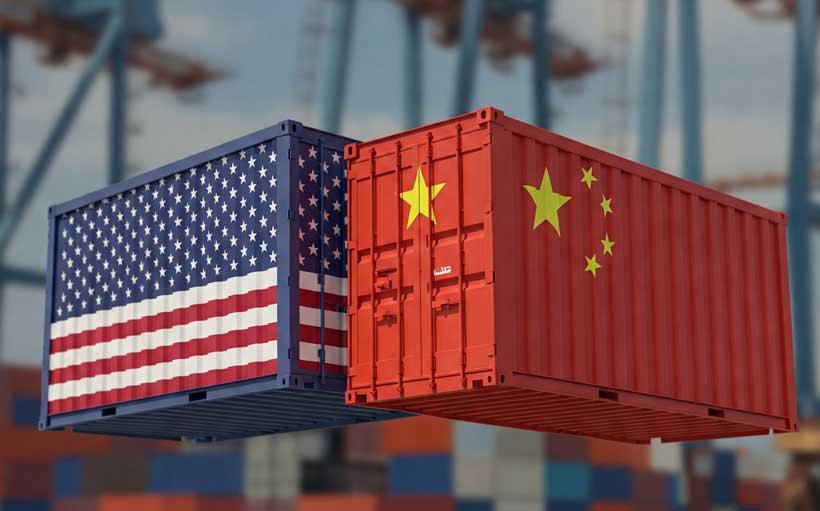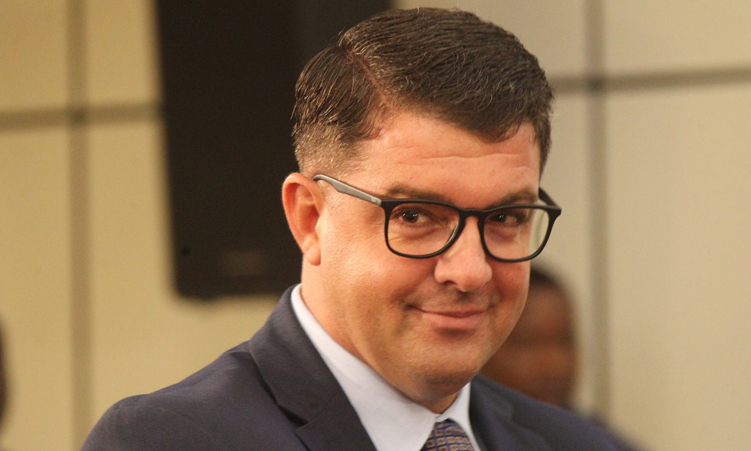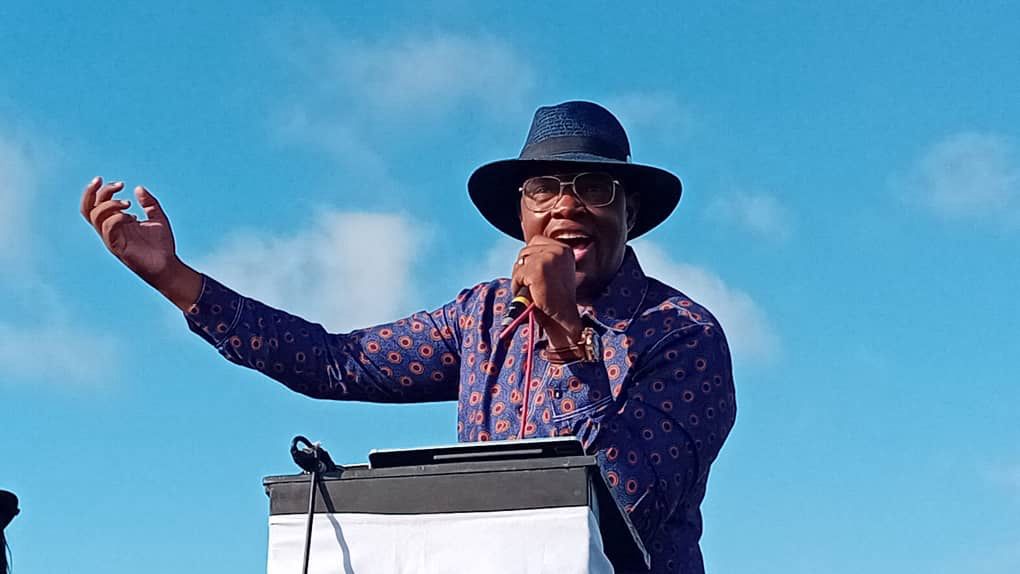Namibian economists are raising concerns over the country’s vulnerability in light of escalating trade tensions between the United States (US) and China.
This follows US president Donald Trump’s announcement of a 90-day pause on higher tariffs for certain countries, amid backlash and ongoing negotiations.
In an interview this week, economist Omu Kakujaha-Matundu described the move as political brinkmanship, warning that Trump’s erratic and aggressive trade policies are placing smaller economies like Namibia’s in a vulnerable position.
“This is a dangerous game. Trump is not just targeting China – he’s playing with global markets. His 125% tariff on Chinese goods is likely to trigger a global slowdown, potentially leading to a recession,” Matundu said.
The 90-day pause comes just hours after new levies against around 60 US trading partners took effect. At present, Namibian goods are subject to a blanket tariff of 10%.
According to Namibia’s Ministry of International Relations and Trade, discussions with the US on the tariff issue are ongoing, but no official directive has been issued.
Matundu believes the 90-day reprieve is a result of domestic backlash in the US, including from members of Trump’s own Republican party.
However, he cautioned that unless meaningful dialogue follows, the impact could be far-reaching.
“If this continues, countries like Namibia will struggle to export key commodities such as diamonds and uranium. Our revenue will decline, and our ability to create jobs or attract investment, as promised by the president, will be compromised,” he said.
Asked about the African Growth and Opportunity Act (Agoa), a trade agreement that allows eligible African countries to export goods to the US duty-free.
“Agoa is dead and buried; Trump’s current behaviour shows he has no appetite to revisit or extend the agreement, which is set to expire in September,” he said.
Matundu urged government officials to work closely with exporters to assess the real impact and strategies accordingly.
He added that the Southern African Customs Union (Sacu) should consider joint negotiations with the US to ease tariff pressures.
However, he warned that any drop in Sacu tariff revenue could significantly impact Namibia’s national budget.
“Forty percent of our national budget comes from Sacu revenue. If that pool shrinks due to reduced tariffs or slowed trade, Namibia will be forced to borrow more or cut spending – including in essential sectors like health and education,” he said.
Matundu added that with the exchange rate edging closer to N$20 to the US dollar, inflation pressures are also mounting. A weaker currency may cushion fuel imports as global oil prices decline, but rising input costs for machinery and other goods will likely push up consumer prices.
“This will lead to inflation and possibly higher interest rates. The entire situation undermines the Swapo manifesto, which promises job creation and economic growth. Government must act fast to reconfigure its strategy in the face of this global trade storm,” Matundu said.
Speaking on Desert FM on Thursday, economist Lavinia Hofni said the latest imposition of a 125% tariff by the US on Chinese goods will have far-reaching implications – including for smaller economies like Namibia.
“The global trade environment is shifting rapidly, and Namibia must be prepared. We are a small economy with a limited manufacturing base, which makes us particularly susceptible to external shocks like these,” she said.
According to Hofni, Namibians previously enjoyed tax-free access when exporting to the US under agreements like the Agoa, but new developments threaten that cushion.
Hofni added that Namibia, like other small economies, is being edged out by larger powers with greater bargaining strength.
“This is a time for Namibia to focus on protecting its own interests,” she said, echoing the ‘America First’ and ‘China First’ sentiments that are reshaping global trade priorities. “Perhaps we need to start thinking ‘Namibia First’.”
She added that institutions like Sacu could play a vital role in helping member countries navigate these changes by supporting vulnerable populations and helping local businesses tap into new markets.
“Change can be good or bad, but either way, we must adapt. The old economic order is no more,” she said.
Stay informed with The Namibian – your source for credible journalism. Get in-depth reporting and opinions for
only N$85 a month. Invest in journalism, invest in democracy –
Subscribe Now!










